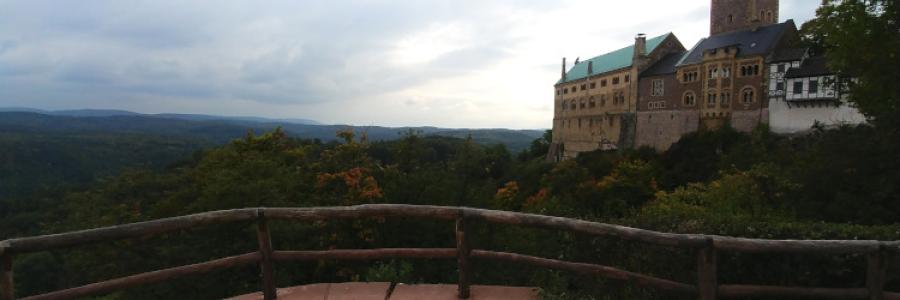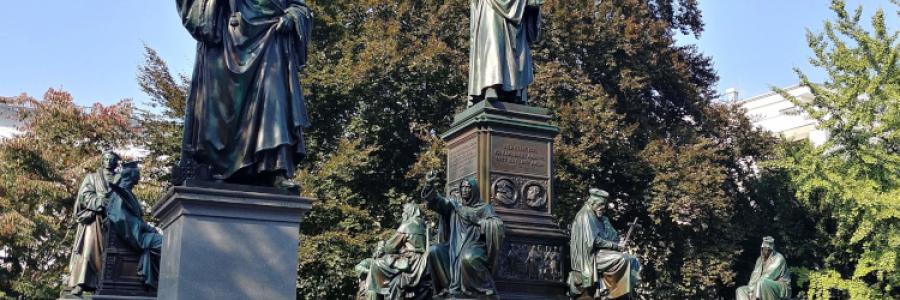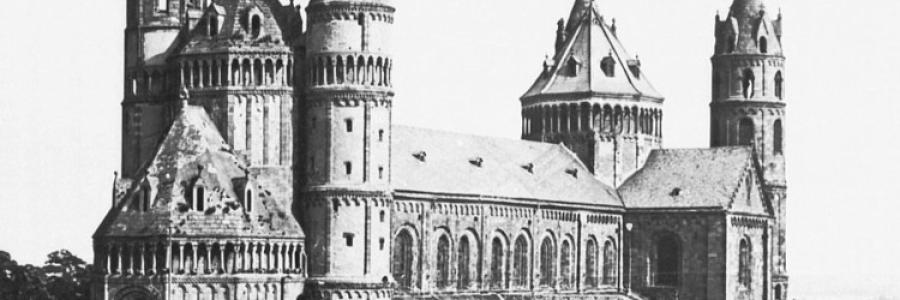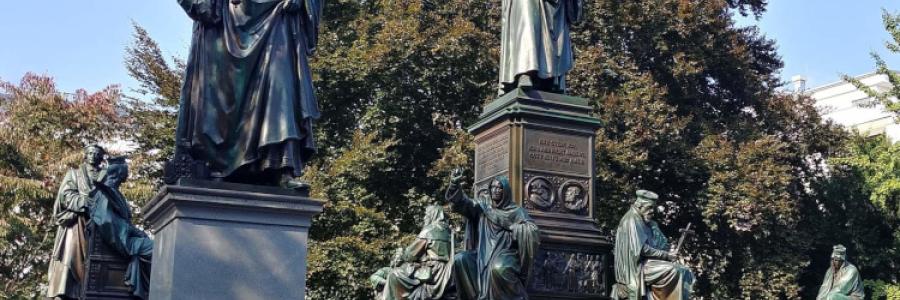The Reformation at 500: The September Testament
As we continue to follow the events of the Reformation, 500 years later, we would be remiss if we failed to recall that half of a millennium has now passed since the dawn of the modern era of Bible translation. It began officially this month in 1522 with the release of the September Testament—the New Testament translated by Dr. Martin Luther into a language that he helped to form in Germany.







Discussion